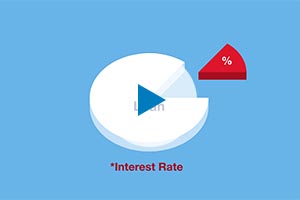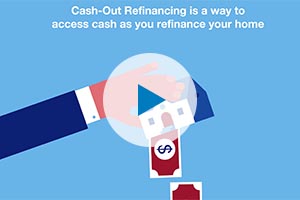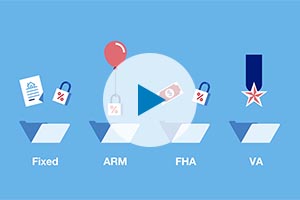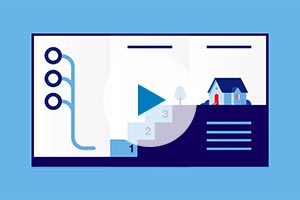
Changes in credit reporting and what it means for homebuyers

What’s the difference between Fannie Mae and Freddie Mac?

Renewing your custody contracts? Negotiate the fees.

IRC Section 305(c): Deemed distributions and related regulations

An investor’s guide to marketplace lending

What is a CLO?

Beyond Mars, AeroVironment’s earthly expansion fueled by U.S. Bank

ABL mythbusters: The truth about asset-based lending

Collateral options for ABL: What’s eligible, what’s not?

When small companies buy big: The potential of asset-based lending

Can ABL options fuel your business — and keep it running?

Maximizing your infrastructure finance project with a full suite trustee and agent

How to maximise your infrastructure finance project

4 questions you should ask about your custodian

Evaluating interest rate risk creating risk management strategy

What is CSDR, and how will you be affected?

Tech lifecycle refresh: A tale of two philosophies

4 benefits of independent loan agents

At your service: outsourcing loan agency work

Middle-market direct lending: Obstacles and opportunities

Streamline operations with all-in-one small business financial support

Opening a business on a budget during COVID-19

How to fund your business without using 401(k) savings

Costs to consider when starting a business

How to get started creating your business plan

How to establish your business credit score

How jumbo loans can help home buyers and your builder business

How a small business is moving forward during COVID-19

Prioritizing payroll during the COVID-19 pandemic

When to consider switching banks for your business

5 tips to help you land a small business loan

Investing in capital expenditures: What to discuss with key partners

Student checklist: Preparing for college

Webinar: Uncover the cost: College diploma

The A to Z’s of college loan terms

Co-signing 101: Applying for a loan with co-borrower

Practical money skills and financial tips for college students

How I did it: Paid off student loans

Personal loans first-timer's guide: 7 questions to ask

Common unexpected expenses and three ways to pay for them

Your financial aid guide: What are your options?

Is a home equity loan for college the right choice for your student

Parent checklist: Preparing for college

How to apply for federal student aid through the FAFSA

Be careful when taking out student loans

Everything you need to know about consolidating debts

How to use debt to build wealth

What’s a subordination agreement, and why does it matter?

Understanding the true cost of borrowing: What is amortization, and why does it matter?

Your quick guide to loans and obtaining credit

Dear Money Mentor: What is cash-out refinancing and is it right for you?

Overcoming high interest rates: Getting your homeownership goals back on track

What are conforming loan limits and why are they increasing

Money Moments: How to finance a home addition

How I did it: My house remodel

What is a home equity line of credit (HELOC) and what can it be used for?

Is it the right time to refinance your mortgage?

What to know when buying a home with your significant other

What is refinancing a mortgage?

These small home improvement projects offer big returns on investment

Should you get a home equity loan or a home equity line of credit?

Webinar: Mortgage basics: What’s the difference between interest rate and annual percentage rate?

Webinar: Mortgage basics: What is refinancing, and is it right for you?

Webinar: Mortgage basics: Prequalification or pre-approval – What do I need?

Webinar: Mortgage basics: How much house can you afford?

Webinar: Mortgage basics: How does your credit score impact the homebuying experience?

Webinar: Mortgage basics: Finding the right home loan for you

Webinar: Mortgage basics: Buying or renting – What’s right for you?

Webinar: Mortgage basics: 3 Key steps in the homebuying process

Is a home equity line of credit (HELOC) right for you?

How to use your home equity to finance home improvements

How do I prequalify for a mortgage?

Can you take advantage of the dead equity in your home?

8 steps to take before you buy a home

6 questions to ask before buying a new home

4 questions to ask before you buy an investment property

10 uses for a home equity loan

Test your loan savvy

How I did it: Deciding whether to buy an RV

Take the stress out of buying your teen a car

Questions to ask before buying a car

What you should know about buying a car

How to choose the best car loan for you

